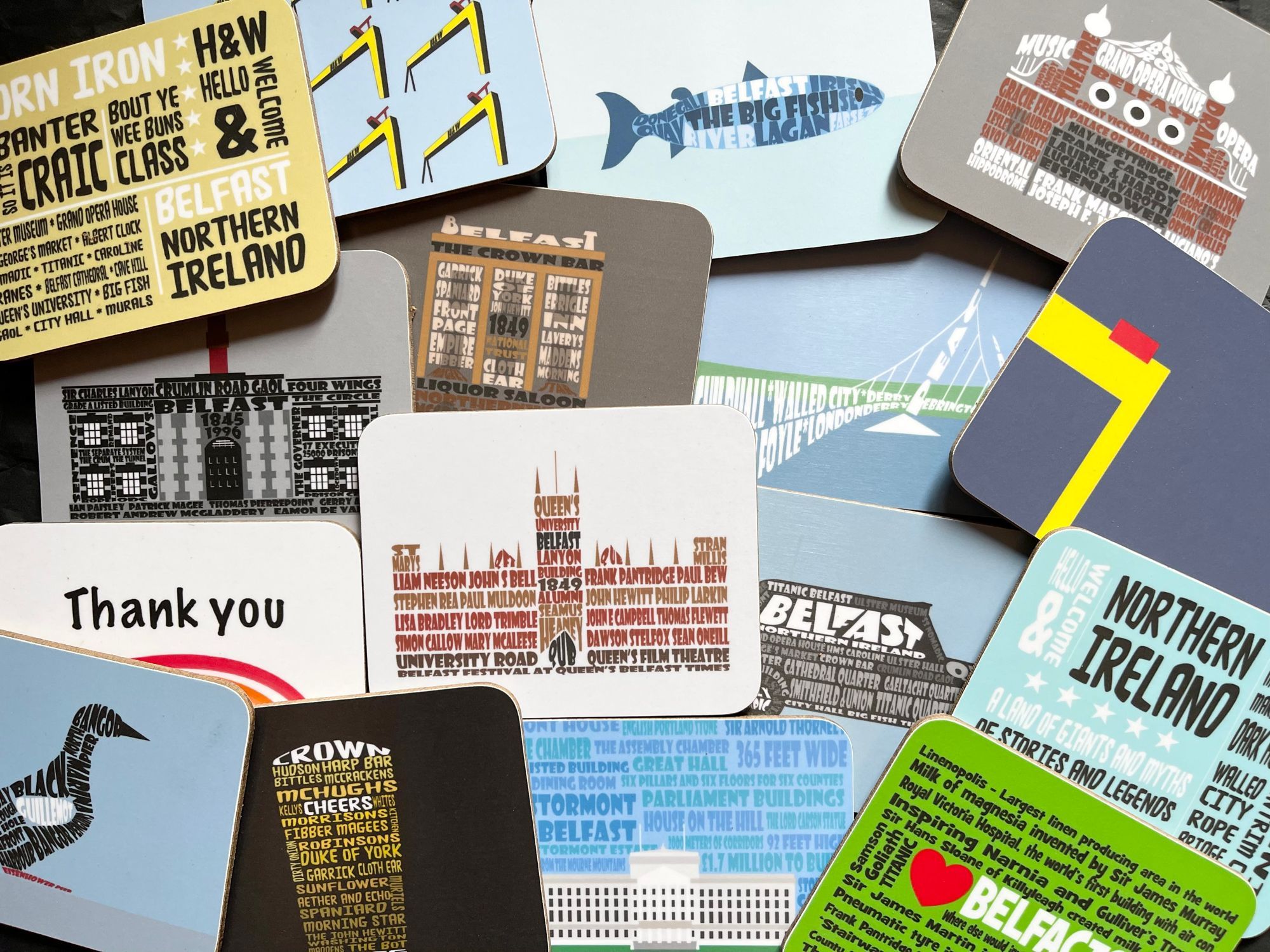The first week in February is Children’s Mental Health Week. It was first launched by Place2Be to “to shine a spotlight on the importance of children and young people’s mental health.”
COVID has turned our children’s lives upside down – and for many, it’s taking its toll.
I am an advocate for improving children’s mental health – and now, more than ever we need to get involved.
1 in 6 children and young people
have a diagnosed mental health problem
50% of those with lifetime mental health problems
first experienced symptoms by the age of 14
Just because we cannot ‘see’ your struggles however – be it depression or another mental health diagnosis – doesn’t make it any less important to acknowledge.
Struggling? Here’s what to look out for :
• Feeling unhappy most of the time ( easing a little in the evenings )
• Difficulty maintaining focus and making decisions
• Lack of motivation
• Feelings of agitation and frustration
• Very little interest in life
• Little regard for personal hygiene
• Feelings of exhaustion ( no energy )
• Marked fluctuations in appetite ( either eating very little or far too much )
• Difficulty in falling asleep and/or waking too early
• Social anxieties
• Low self-confidence
• Suicidal thoughts
• Mood swings and emotional outbursts.
Understanding mental health.
For years we’ve been told that a healthy body is vital for our overall wellbeing. But only recently, have we woken up to the fact that a healthy mind is equally important ( If you ask me … even more so )
Having a healthy brain ensures all areas of our life are working as they should be :
• self-esteem
• performance at work and school
• relationships
• physical health
• coping strategies
• emotions
Mental health problems occur when the brain has difficulty working correctly. Sometimes the brain can get used to working this way and may show no signs of going back “to normal”. When this starts creating problems in everyday life – then it starts becoming an issue.
These problems change the way you think – hence affecting how you feel and the way you behave.
The media is full of alarming headlines telling us that our children are going to suffer the consequences of COVID, for decades to come. This is scary for adults to absorb – so imagine how our children are coping with the news!
I choose to change the thinking around this. Yes, there are challenges, notably with our children’s education; however this point in time poses an ideal opportunity to help your child develop in a more positive way. Their progress is not solely based on the grades they get at school. There is so much more for them to learn :
✔️ Building Coping Strategies – helping them face new challenges.
✔️ Identifying Different Emotions & Feelings – recognising their triggers and in so doing equipping them to cope with future hurdles.
✔️ Regulating Their Emotions – equipping them to deal with mood swings and therefore minimising the possibility of meltdowns and outbursts in the future.
✔️ Talking About their Feelings – allowing them to normalise the struggles they are facing and learning to keep things in perspective.
✔️ Recognising Their Emotions, physically and mentally – identifying where in their body they feel these different emotions and how to name them.
All of these skills will help your child to develop a greater awareness about how they are reacting to events around them. This builds their emotional vocabulary and helps them avoid carrying their emotional baggage into adult life. This is Emotional Resilience.
How do to avoid the Pitfalls.
As a parent it’s important that you take care of your own wellbeing as well. Your child will be able to pick up your energy and they can easily see and feel when things aren’t right. You are their role model. They are more likely to follow your lead by observing your behaviour, rather than your words. It’s therefore imperative you are in the best condition that you can be – physically, emotionally and mentally.
Self Compassion : Be kind to yourself, avoiding the negative self-talk. “I’m rubbish – I should know what I am doing.”
Recovery from this pandemic is proving to be a slower process than initially anticipated – so just take baby-steps. One day at a time. Something as simple as getting the kids fed or just taking a shower might be all you can manage right now. That’s OK.
Self Care : Look after yourself. By being fit and healthy – you are better equipped to deal with the challenges that life throws at you.
Make sure you are moving your body and eating well. Getting enough sleep is crucial to your overall wellbeing.
Express Gratitude : By training your brain to have a more positive outlook, you gain a greater sense of perspective. Note that the brain cannot be depressed and grateful at the same time. It just doesn’t work.
Every morning, think (or write down) the 5 things that you are grateful for that day. This is a great exercise for the kids as well.
Use Visualisation : Imagine this …
Your Mind is the Bright Blue Sky.
Your mental health is represented by the clouds.
Sometimes they are light & fluffy and pass on by relatively quickly.
Other times they are heavy and hang around for a bit.
On occasion they monopolise the sky – so all you can see is grey and it might feel really oppressive.
But amongst all this : REMEMBER : This is temporary. The Blue Skies are still there.
“Mental Health struggles are not a sign of weakness.
It means that you have been strong for far too long.”
Studies show that 4 in 5 people get better in time – without any help at all. But it does take time and patience. Some people choose to seek outside help – so that they can start feeling better, sooner. If you feel like you or your child needs a helping hand, then find someone that you trust and start talking with them. It could be your GP – or a friend. It doesn’t matter who – to begin with – just get the ball rolling. Don’t be upset if your child doesn’t want to talk with you. That’s OK – so long as they are opening up to someone.
“I say I’m fine.
But on the inside I am screaming out for help.”
Whilst volunteering with Childline, I have heard legions of young people saying “I’m Depressed,” without even understanding what Depression really is. Self diagnosis is not always a wise approach.
For many kids, a bad day – or even a bad week – can feel like the end of the world. But that’s just what it is, a blip … and nothing more serious.
You might be experiencing Depression – but this doesn’t mean that You ARE Depressed. Just like for those who have Chicken Pox does not mean that they ARE Chicken Pox. Make Sense ?
(They tell us never to Google our “minor ailments”, for a good reason!)
If you are a parent and would like me to chat with your child – then book a call : 📍http://www.caigraham.com/teencall
It’s OK not to be OK.
This comes, as always with Much Love 💕
Bringing Families Together – By Parenting Less 💞
Cai Graham : Parenting & Teen Mentor, Author, Podcaster & Speaker
📍 http://www.caigraham.com


